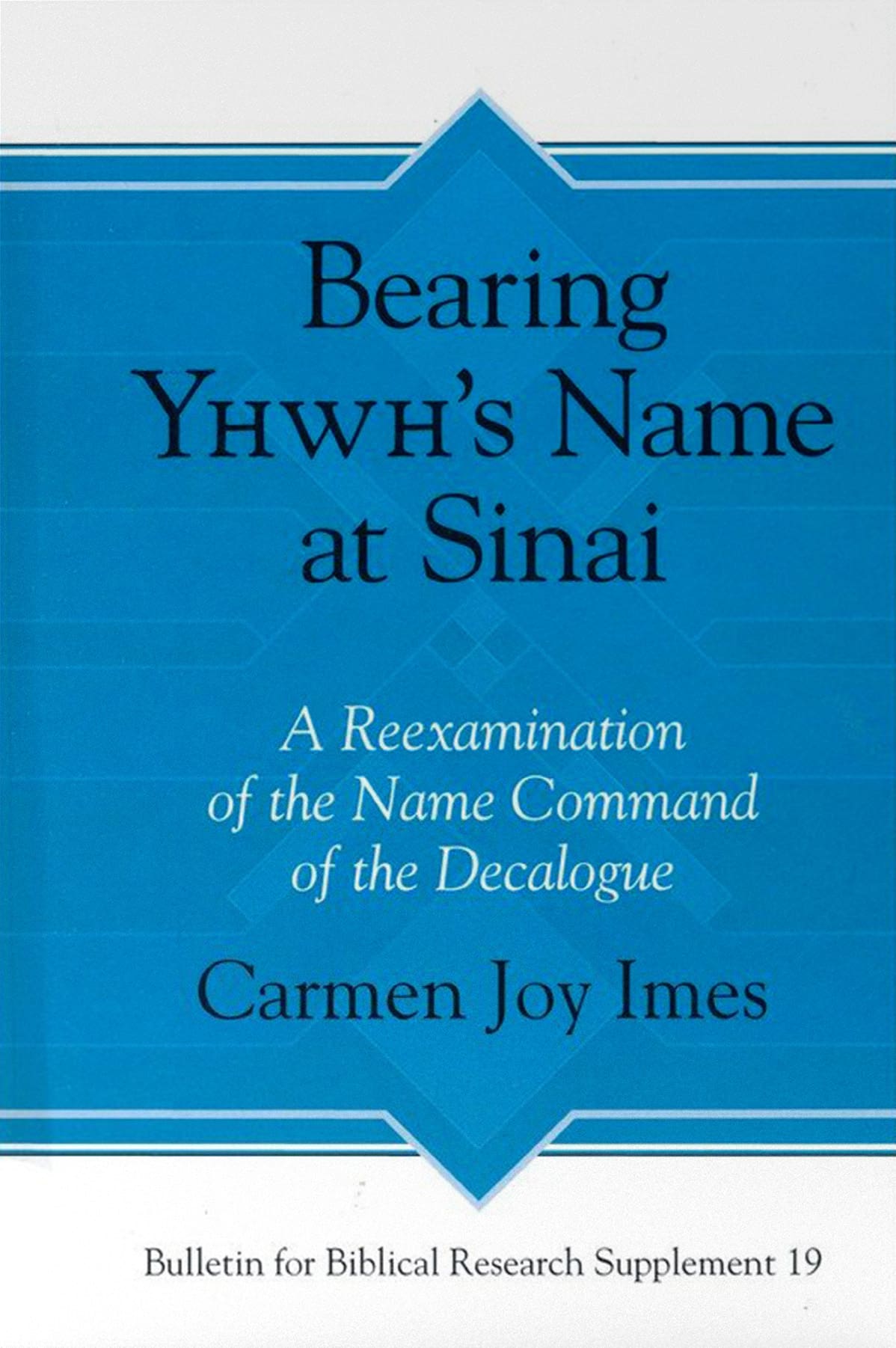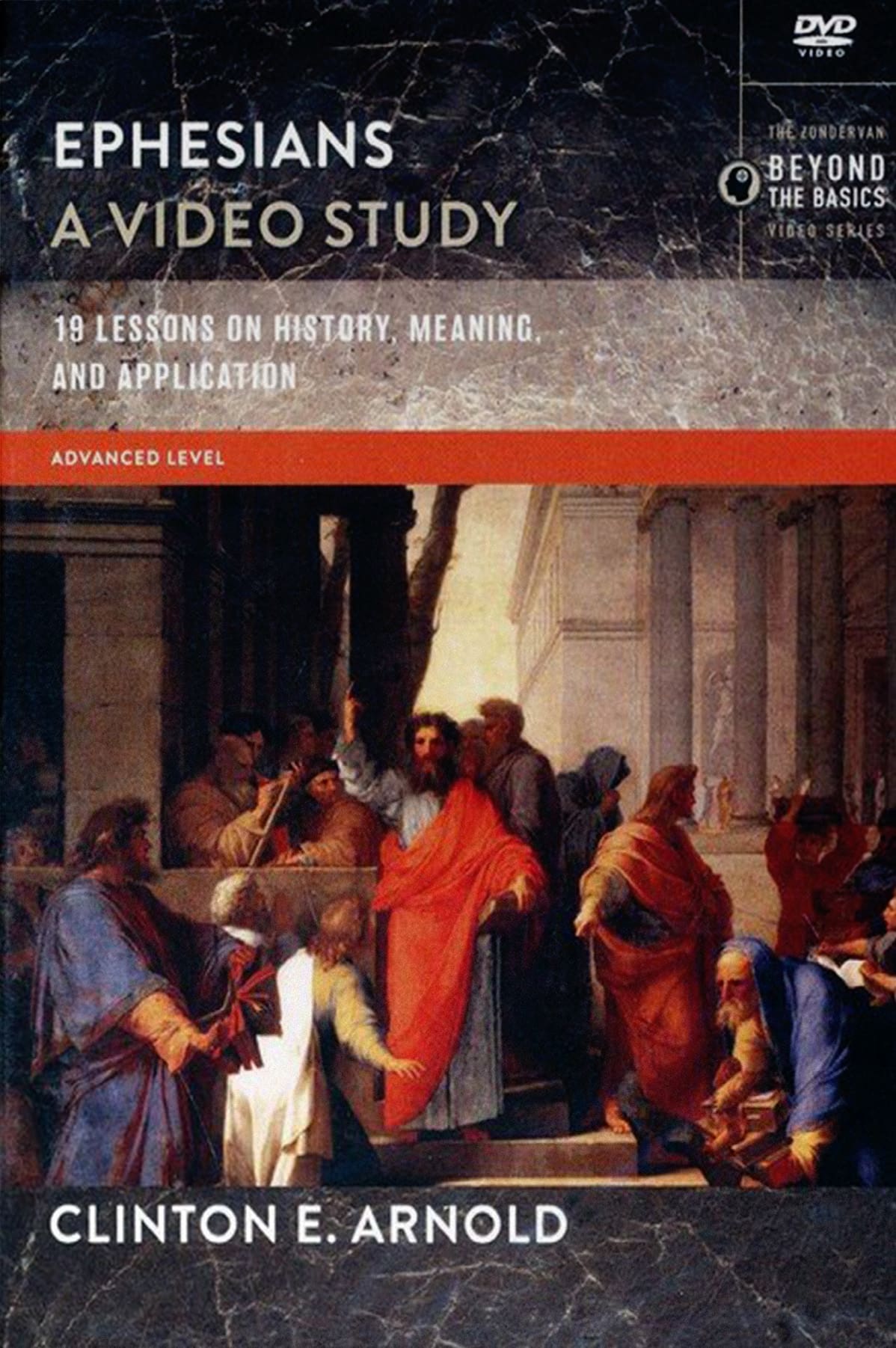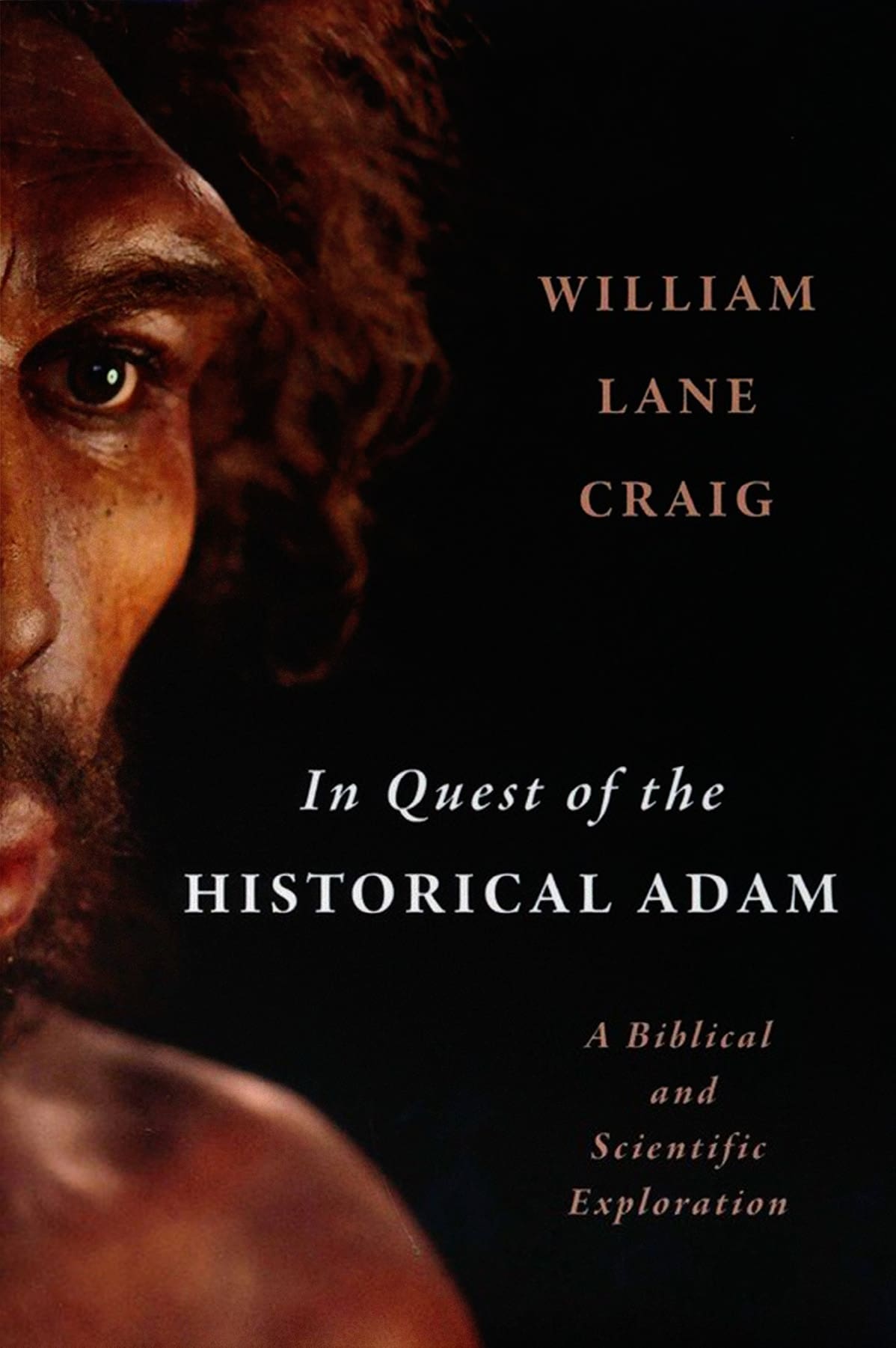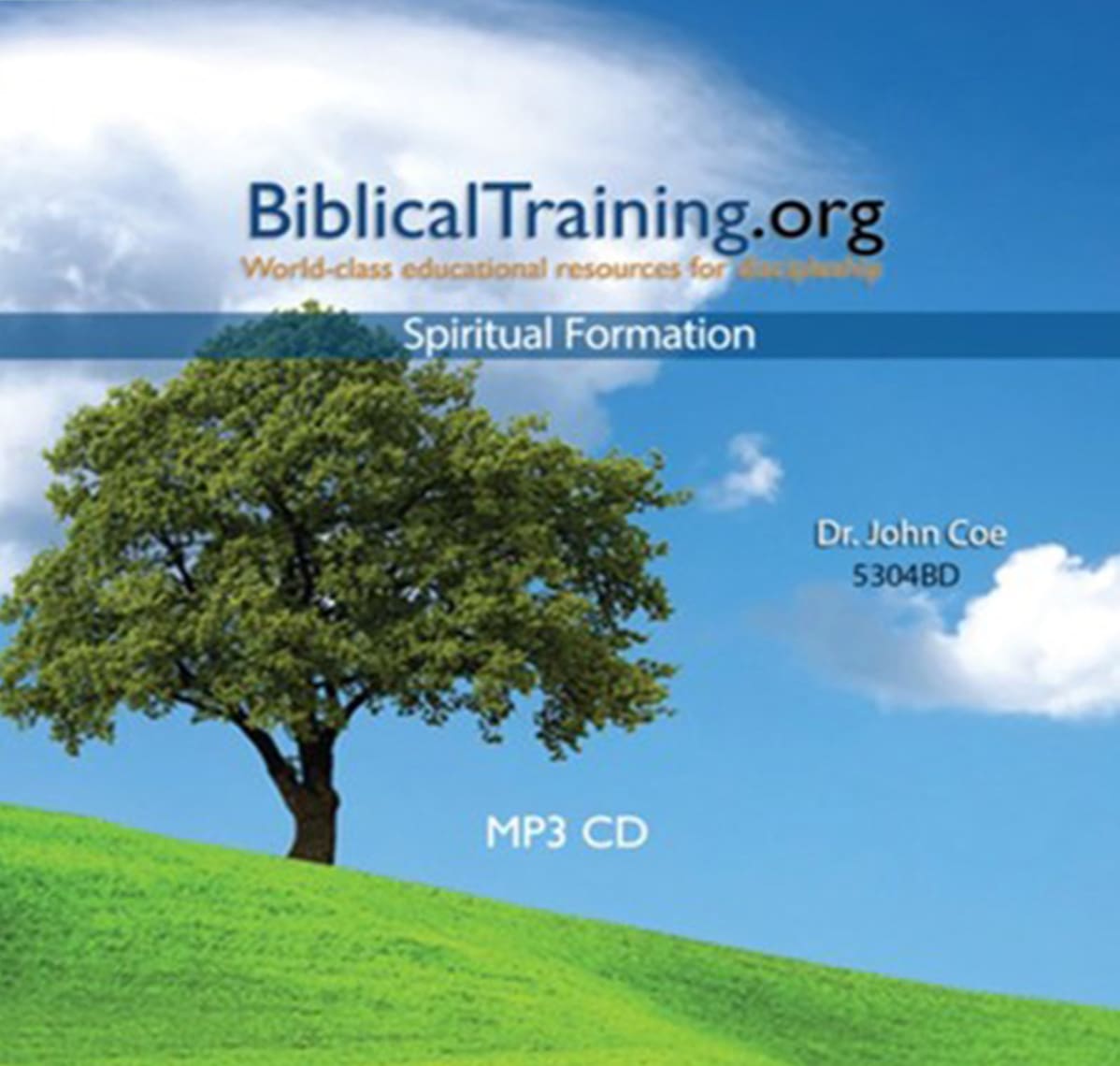Bearing God’s Name: Why Sinai Still Matters
In this warm, accessible volume, Imes takes readers back to Sinai, the ancient mountain where Israel met their God, and explains the meaning of events there. She argues that we’ve misunderstood the command about “taking the Lord’s name in vain.” Instead, Imes says that this command is about “bearing God’s name,” a theme that continues throughout the rest of Scripture. Readers will revisit the story of Israel as they trudge through the wilderness from a grueling past to a promising future.





